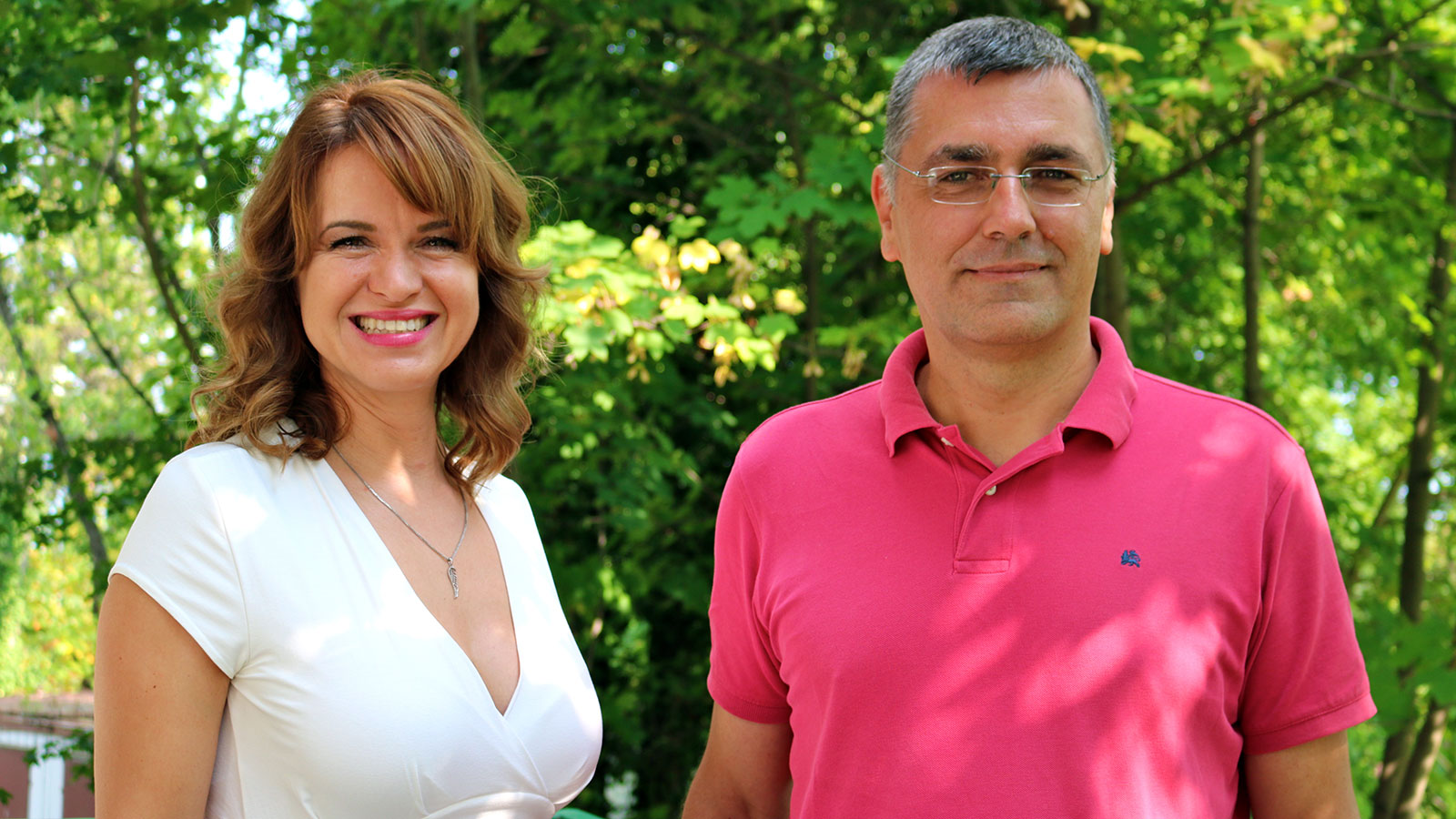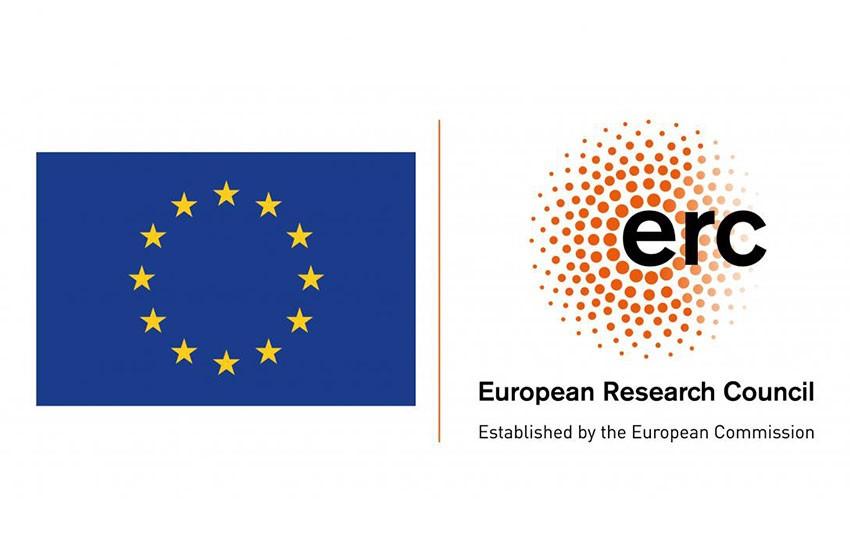‘’Curing cancer, tackling climate change, forecasting earthquakes - such challenges and other scientific quests are simply too big to address for one researcher - even the most excellent. That is why the ERC awards the Synergy Grants.
In the 2019 competition for these grants, 37 research groups will receive funding for their curiosity-driven science. Worth in total €363 million, these special grants will enable groups of two to four top researchers to bring together complementary skills, knowledge and resources in one research project. The recipients have chosen to tackle some of the most complex research problems, often spanning multiple scientific disciplines. Most of the selected proposals span traditional boundaries of disciplines,’’ reports ERC in the press announcement.
By receiving this grant Iva Tolić and her team have joined an 'elite group' of only 37 projects that will receive the ERC Synergy Grant among the total of 288 projects that applied for this prestigious grant. This means that only 13 percent of projects applied will receive funding. This is also the only project led by a group from the new EU member states (EU-13).
‘’The name of our project is ANEUPLOIDY, which means the presence of a wrong number of chromosomes in the cell. This type of aberration is found in almost all human cancers, it is thought to drive cancer development, and correlates with poor patient prognosis. It is a common cause of miscarriages, and causes developmental syndromes such as Down syndrome.
We have known about these errors for decades, but it is still unclear how these aberrations originate and how these aberrations exactly affect early embryonic and cancer development. So what we are going to do is to uncover the origins of errors in chromosome segregation and identify how they propagate in tissues, both healthy and diseased,’’ explains Prof Tolić.
Not only will the results of this research help to elucidate these questions, but in addition, the researchers will develop new methods to perform quantitative cell biology in human tissues.
At the moment cellular processes are mainly studied in mono-layer cell lines due to the challenging nature of human 3D tissue. Studying cellular processes in human tissue will greatly expand our knowledge on how cells function in their native environment.
The research team will use human cancer organoids, or 3D mini-organs grown in the lab, to study the behaviour of cells that lead to chromosomal aberrations and what happens to these cells after chromosomal aberrations occur. They will also study ways to manipulate cell-cell interactions and cellular processes, and build mathematical models that simulate these processes and can test many possible variables. Variables that are predicted to impact the appearance of chromosomal aberrations will then be studies experimentally.
‘’We create synergy because of our complementary types of expertise that are very difficult to combine in a single lab. Geert is a pioneer on imaging organoids, which are tiny organs grown from single cells in a gel, Angelika is a world expert on genetics and aneuploidy who discovered the importance of tissue in this context, Nenad is a theoretical physicist and a leading expert on modeling chromosome segregation, and my lab has expertise on biophysical analysis of the spindle, using high-end microscopy and laser scissors.’’
Professor Tolić believes this joint interdisciplinary research will have an impact on multiple fields.
‘’The concepts that will emerge from the project will be important for understanding how genome aberrations occur in various types of cancer, during meiosis and embryonic development, and how tissues respond to therapies. From an even broader perspective, the approaches and tools developed by our team will help set the stage for the next level of cell biology, which is a study of processes in cells in their native 3D context,’’ concludes Prof Tolić.
The 37 projects involve 126 principal investigators who will carry out their projects at 95 universities and research centres in 20 countries across the European Research Area and beyond. Four of the projects will include one or more researchers from newer EU Member-States, namely Bulgaria, Croatia, the Czech Republic and Hungary. Eight research groups will include one principal investigator working in the United States. The most common locations are Germany (involved in 20 projects), the UK (12) and France (11). Amongst the grantees, there are 24% women who will take part in 21 out of 37 projects.
The grants, each worth around 10 million euro, will help create some 1,000 jobs for postdoctoral fellows, PhD students, and other staff in the grantees' research teams.
DISCLAIMER - The contents of this news are the sole responsibility of RBI PR Office and can under no circumstances be regarded as reflecting the position of the EC /ERC.



